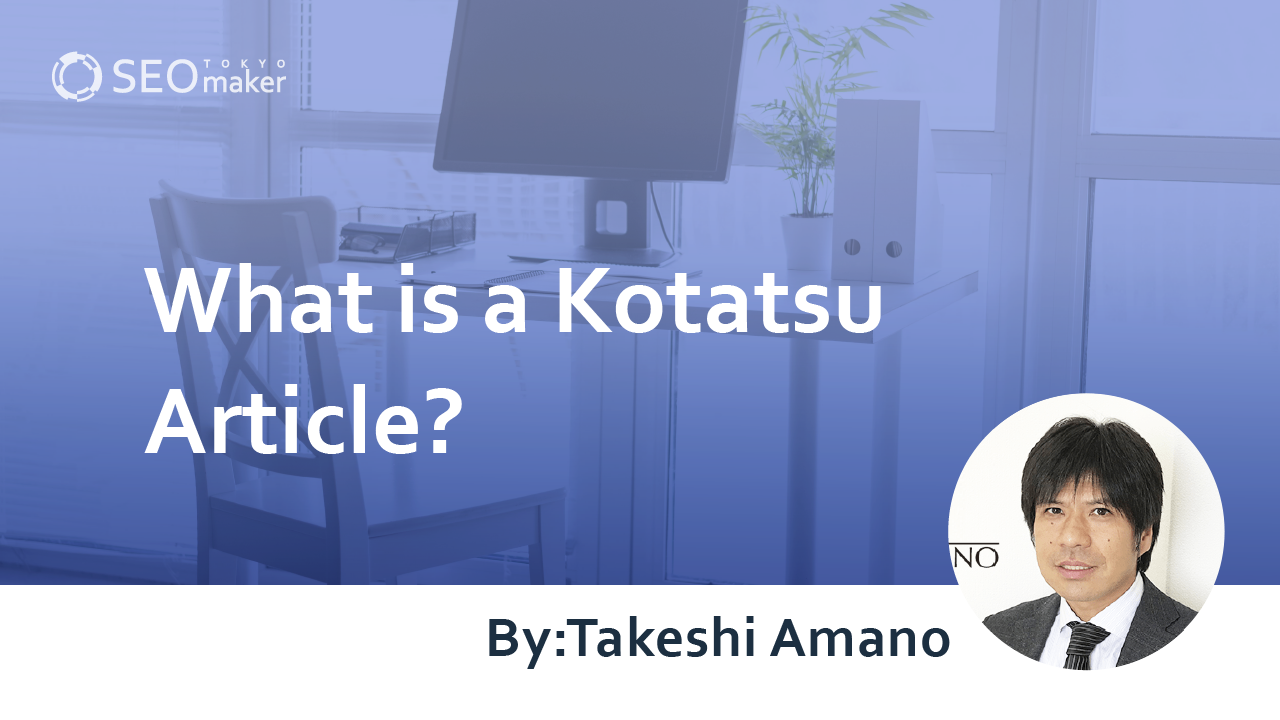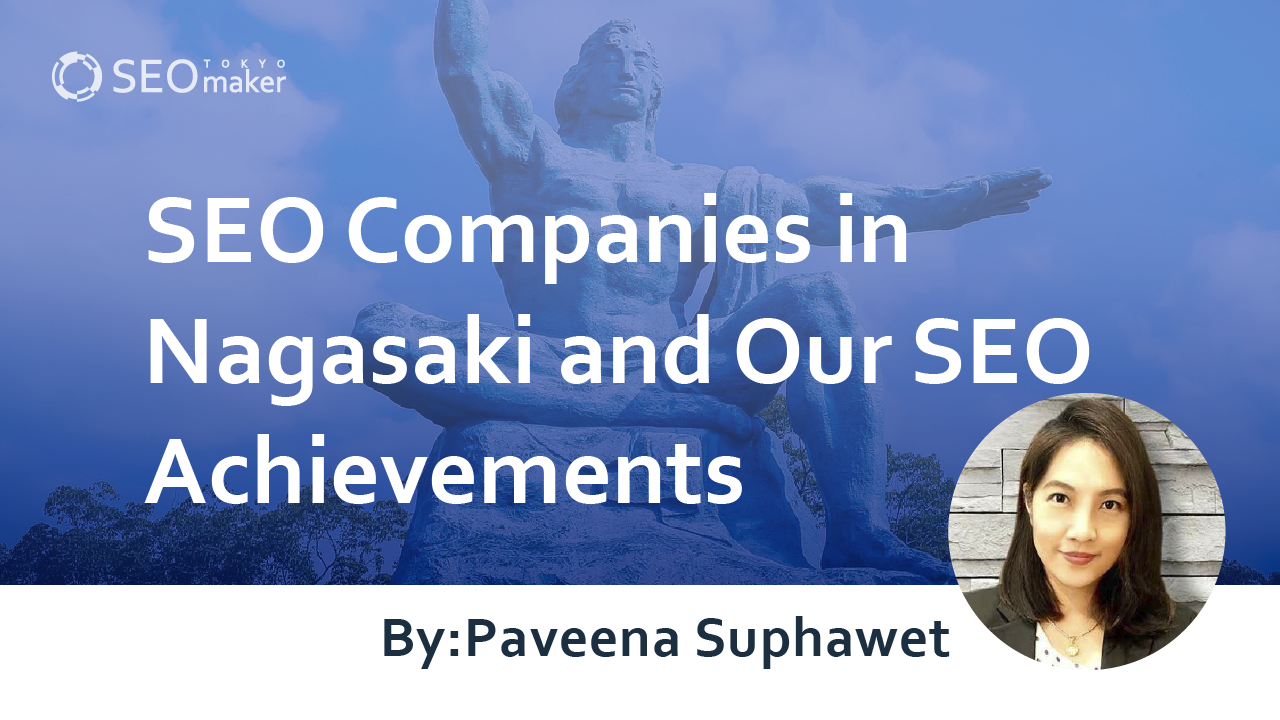Social Networking Services (SNS) in Japan
contents

In Japan, social media marketing is thriving. This article will explain what is trending in Japanese social media and more.
Social Media in Japan
Social media is well-established in Japan, but when it comes to the time spent on these platforms, it falls short compared to the global average. On average, people worldwide spend about 2 hours and 30 minutes per day on social media, whereas in Japan, it’s approximately 50 minutes per day.
Despite this limited time spent, the percentage of social media users among the population aged 18 and above is high, with Japan having over 80%, slightly above the global average of around 80%.
One significant factor contributing to the high user percentage despite the short usage time is the prevalence of LINE, a messaging app by the Korean company NAVER, which has become a common alternative to traditional email.
Newer social media platforms like Clubhouse and Threads gain popularity quickly in Japan, but their long-term sustainability is uncertain and varies on a case-by-case basis.
LINE
In the United States, LINE is relatively unknown due to its low market share. However, in Japan, LINE is more than just a social media platform; it’s a widely used messaging app.
With around 90 million active users in Japan, it effectively reaches the majority of the population, considering Japan’s total population of around 120 million.
Even businesses can create official accounts on LINE and use it for various purposes, including distributing coupons, announcing campaigns, and offering freebies.
It’s particularly effective for B2C businesses related to food, fashion, beauty, and similar industries. However, B2B companies may find LINE less suitable for advertising.
While Facebook is a global giant, its reach in Japan is relatively limited. Only about 16 million people in Japan use Facebook.
One reason for this could be that using real names and displaying one’s face is considered somewhat embarrassing in Japanese culture. Many users prefer not to post on the platform.
In Japan, Facebook is primarily used by business professionals and company executives for networking and business purposes.
Therefore, if you’re considering using social media for business in Japan, Facebook should be your first choice. Both company accounts and Facebook advertising can yield positive results, even in B2B contexts.
LinkedIn, a globally recognized social media platform, hasn’t gained as much traction in Japan.
It has an estimated user base of 3 million in Japan, which is significantly lower compared to other platforms. In Japan, LinkedIn is often seen as a tool for job seekers and those looking to change careers.
Overall, when it comes to social media in Japan, Twitter and Facebook take the lead.
Twitter, in particular, is widely used due to its anonymity and the ability to share information without revealing one’s identity, which aligns well with Japanese culture.
Twitter (X)
Twitter, often referred to as X in Japan, is the most widely used social media platform in the country. It’s the go-to platform for many Japanese users, especially among younger age groups.
Approximately 40% to 80% of the population, totaling around 60 million people, use Twitter.
Twitter’s appeal in Japan lies in its anonymity, allowing users to share information without revealing their identity.
This aligns well with Japanese culture, where privacy is highly valued.
Regardless of whether your target audience is individuals, anonymous users, or businesses, Twitter offers an effective platform for digital advertising.
Instagram is another rapidly growing social media platform in Japan.
It boasts around 48 million active users, which accounts for approximately 40% of Japan’s population.
It’s particularly popular among young people and has a strong impact on industries like fashion and beauty.
Instagram ads that target wives, who often hold significant influence in household decisions, can be especially effective in Japan.
However, Instagram is primarily associated with B2C businesses, and its use in B2B contexts is less common.
It’s often used for corporate branding, recruitment, and indirect customer acquisition through increased brand awareness.
YouTube
YouTube is immensely popular in Japan, with over 90% of the population using it, totaling over 100 million users.
The platform’s popularity soared during the COVID-19 pandemic as it became a primary source of information during lockdowns.
Videos provide a wealth of information in a short time, making YouTube a valuable platform for both entertainment and business purposes.
Its user base spans various age groups, making it effective for branding and customer acquisition efforts.
However, one challenge is that Japanese audiences strongly prefer content in their native language. Creating high-quality Japanese content can be costly, making local partnerships crucial for successful YouTube strategies in Japan.
TikTok
TikTok, often compared to Instagram, is also popular among young people in Japan, with nearly 20 million users.
It has a stronger appeal to younger audiences compared to Instagram. While B2C businesses can leverage TikTok effectively, it’s less suitable for B2B marketing.
In summary, understanding the nuances of each social media platform’s usage in Japan is essential for businesses looking to engage with their audience effectively.
Depending on your target demographic and business goals, choosing the right platform can make a significant difference in your marketing efforts.
Summary
Social media usage in Japan presents unique challenges and opportunities for businesses. While platforms like LINE and Twitter dominate, Facebook and Instagram have their niches. LinkedIn remains underutilized. YouTube is a powerful tool, but language barriers require local partnerships. TikTok is popular among the youth. Choose wisely to maximize impact.




















